
Guinea Junta Dissolves 53 Political Parties For Failing To Meet Legal, Administrative Standards
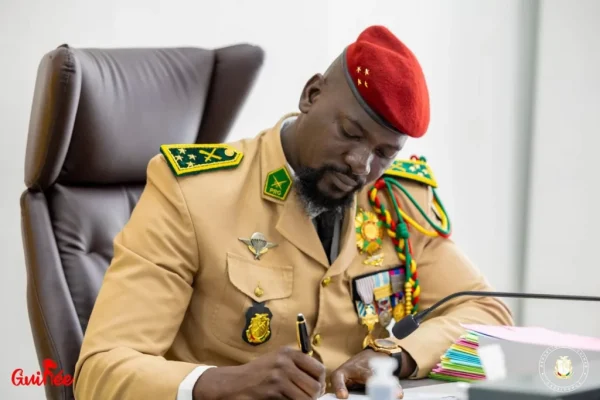
The Guinean government has dissolved 53 political parties and placed two major opposition parties under observation, stating that they have failed to meet basic administrative and legal requirements.
The Ministry of Territorial Administration announced this on Tuesday after publishing a 915-page report detailing its findings after evaluation of political parties.
The report outlined several problems within the dissolved parties, including missing financial records, incomplete membership lists, and irregularities in their leadership structures. Some were found to have submitted forged documents, including false ministerial signatures, which the ministry said could lead to further investigations by prosecutors.
The government also flagged certain parties for lacking regional diversity in their leadership, with leaders often representing only a single ethnic group or region.
However, two opposition parties, Rally of the People of Guinea (RPG), which is the party of ex-President Alpha Condé, and the Union of Democratic Forces of Guinea (UFDG), led by exiled leader Cellou Diallo, have not been dissolved but will be closely monitored for compliance.
The ministry plans to assess whether these parties follow financial transparency regulations, member registration, and lawful political activities.
General Ibrahim Kalil Condé, the Minister of Territorial Administration, said the government’s goal is to create a fair and transparent political system.
He added that this type of evaluation will become routine, aiming to ensure political organisations serve the public’s interests, not just individual leaders’ ambitions.
The government said it will continue reforms to support a political environment that meets the expectations of Guinean citizens.
The current Guinean government came into power after Mamady Doumbouya ousted former president Alpha Condé in a coup d’état on September 5, 2021. Condé, who ruled from 2010, sought a third term before Doumbouya ousted him.
On the day of the coup, Doumbouya issued a broadcast on state television declaring that his faction had dissolved the government and constitution. He said the army had little choice but to “give the people their freedom.”
The duty of a soldier is to save the country. We will no longer entrust politics to one man. We will entrust it to the people, he added.
Following the coup, Doumbouya announced that the country would return to civilian rule after a 39-month (3-year) transition period.
In September, Foreign Minister Dr Morissanda Kouyaté announced that all elections in Guinea will occur in 2025. However, no specific date has been fixed.
The dissolution of the 53 political parties that failed to meet administrative standards aligns with Doumbouya’s political reforms to build a political system that better represents the interests of the Guinean people.
Read More:
- Court Asks CBN To Stop Paying Rivers Govt Monthly Allocations
- Popular Nigerian Series ‘Smart Money Woman’ Shifts To YouTube For Season 2
- Burkina Faso Launches $528m Burkindi Business Centre to Transform Ouagadougou into West African Business Hub
About The Author
Related Articles
The American Airstrike in Nigeria Wasn’t Just About Terrorism — It Exposed That Nigeria Is No Longer a Sovereign Nation
On Christmas Day, a foreign military bombed Nigerian soil, and Nigerians did...
ByWest Africa WeeklyDecember 26, 2025Niger’s Tiani Sets Out “Security First” Doctrine at AES Summit, Signals Complete Break from Old Order
At the AES summit bringing together Burkina Faso, Mali, and Niger, Niger’s...
ByWest Africa WeeklyDecember 23, 2025AES Confederation Launches Television Network in Push for Media Sovereignty
Meeting in Bamako, the three Heads of State of the Confederation of...
ByWest Africa WeeklyDecember 23, 2025Gold Sector Revival Expected to Drive Mali Growth Next Year
The International Monetary Fund has projected that Mali’s economy will return to...
ByWest Africa WeeklyDecember 22, 2025




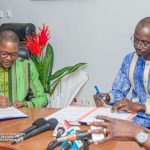




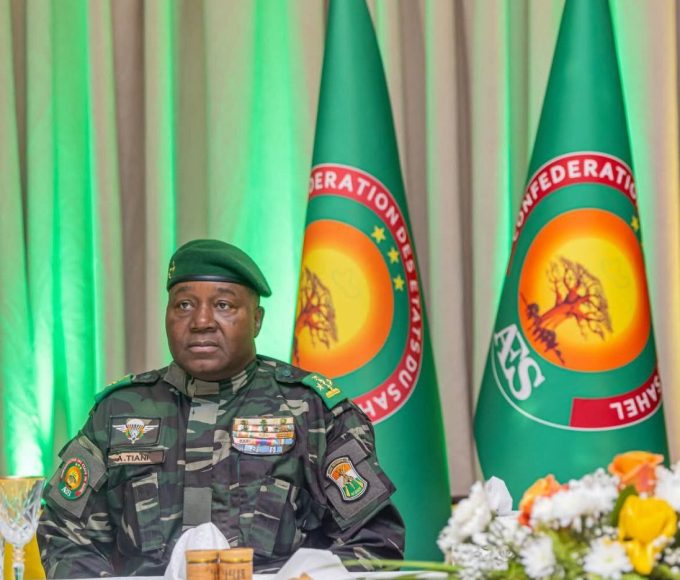
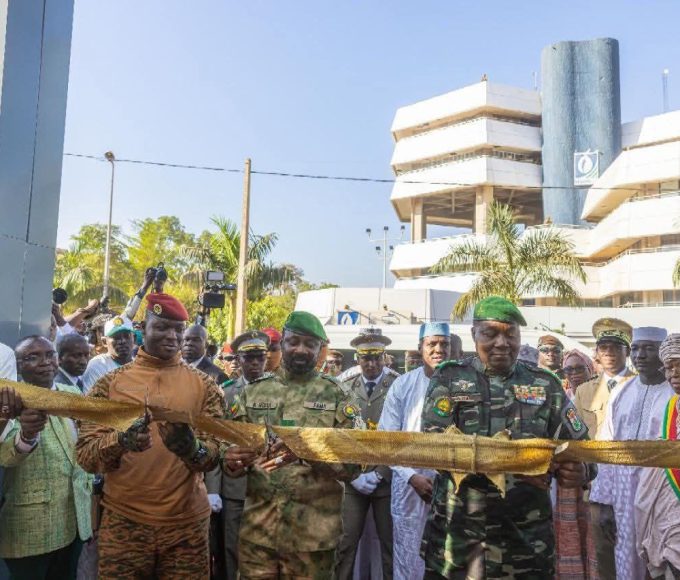
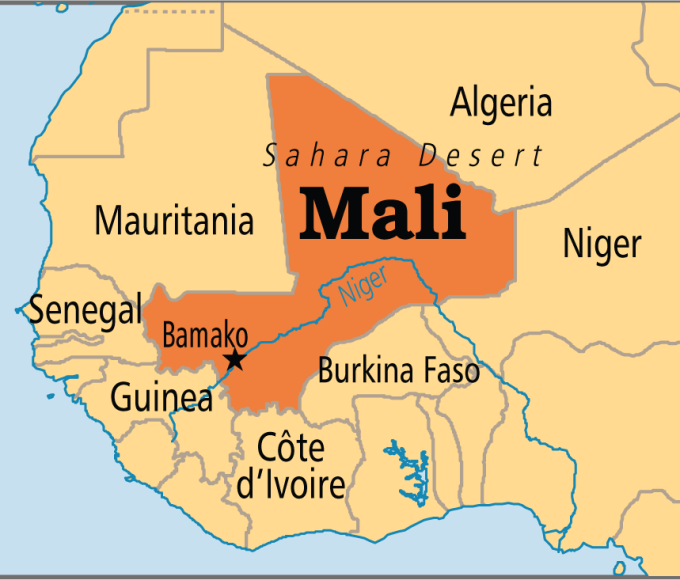
Leave a comment